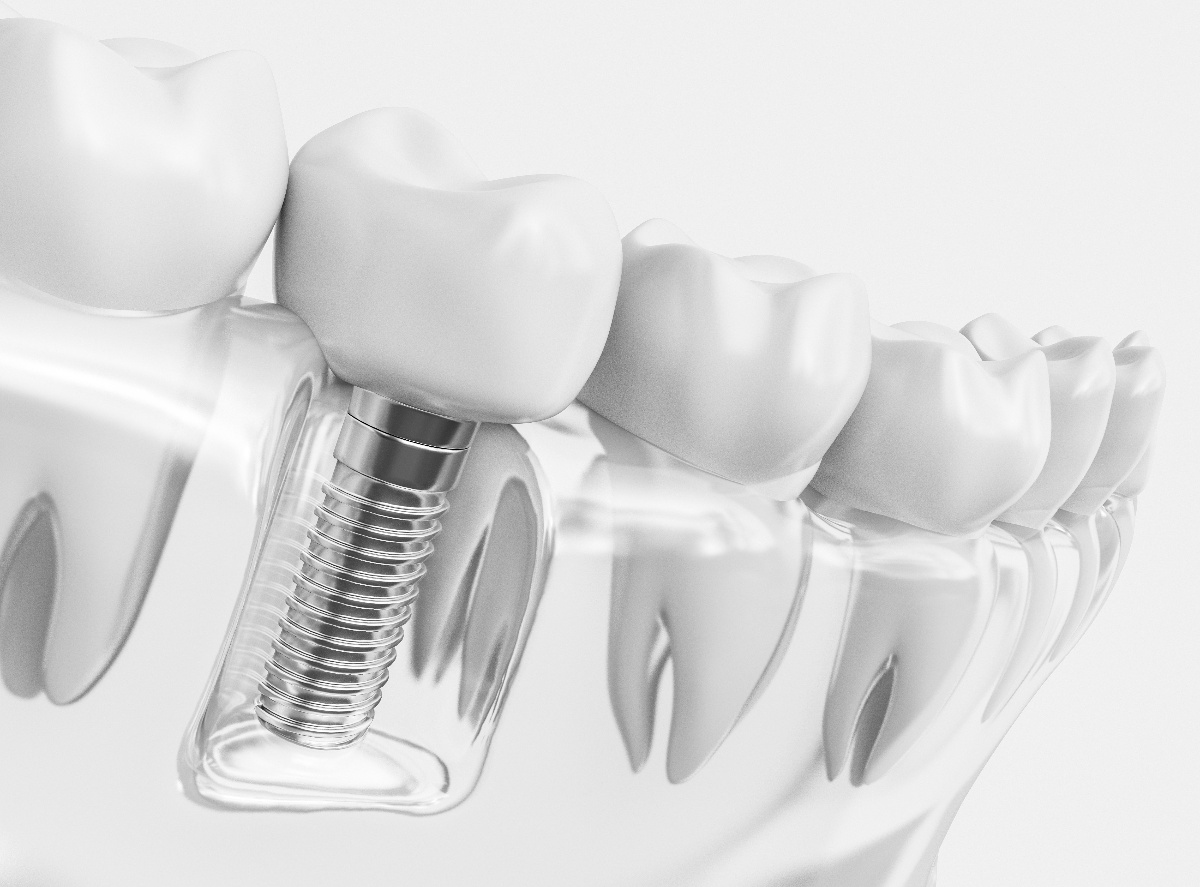Oral health is critical to your overall well-being and can often reflect your general health conditions. While traditional dental solutions have helped people maintain optimal health of their teeth, gums, and TMJ, the introduction of dental implants has brought a new era in achieving oral health equilibrium. Dental implants provide a durable, long-term solution to tooth loss that blends seamlessly with remaining natural teeth or supports the replacement of an entire dentition. Investing in dental implants is not merely about restoring smiles; it substantially contributes to enhancing overall health, preventing bone loss, and the consequences of neglected oral health.
The Components of Optimal Oral Health
Excellent oral health includes, but is not limited to, a beautiful and radiant smile. It is an interplay of several factors, focusing extensively on the absence of dental decay and ensuring a bite devoid of any interferences, which are pivotal for maintaining a healthy structure of your oral cavity and overall well-being. Also critical to your oral health is an understanding that your mouth is teeming with microorganisms that must be kept in a delicate balance to avoid various oral diseases.
The components of oral health that support excellent overall health include:
- Absence of dental decay. Regular oral hygiene and professional dental care are essential to prevent cavities and future tooth loss.
- Full complement of teeth. Having a complete set of teeth is vital for proper chewing, speech, and facial aesthetics. It also prevents over-eruption and drifting of the opposing and adjacent teeth.
- Harmonious bite without interferences. A well-aligned bite without interferences enables efficient chewing and prevents excessive wear and stress on your teeth and supporting structures.
- Healthy gums and supporting jawbone. Healthy gums and supporting tissues are foundational for maintaining strong teeth that look and function optimally and prevent premature tooth loss.
- Adequate saliva production. Proper saliva flow is vital for neutralizing acids, aiding digestion, and maintaining a balanced oral pH to prevent decay.
- Stress-Free TMJ (Temporomandibular Joint). Avoiding undue stress on the TMJ is crucial in preventing jaw pain, headaches, and other related symptoms.
What Are Dental Implants?
Dental implants are groundbreaking advancements in restorative dentistry that can help you with all the components of optimal oral health listed above. They offer a durable and aesthetically pleasing solution to replace one or more missing teeth. Essentially, they serve as artificial tooth roots to replace the roots of missing natural teeth. Each implant provides a stable foundation for a dental prosthesis to replace missing teeth. This enables you to regain your dental appearance and functionality.
Dental implants are small posts that are typically constructed from titanium, a material well-known for its durability and biocompatibility. The implant is surgically positioned into the jawbone beneath the gum line, allowing your dentist to attach replacement teeth. Once implanted, they fuse with the bone over time in a process known as osseointegration, establishing a stable and firm connection similar to natural tooth roots.
Here’s a concise summary of the dental implant process:
- Consultation and Planning. A thorough oral health and bone density assessment is conducted to help create a customized treatment plan.
- Implant Surgery. The dental implant is surgically inserted into your jawbone.
- Healing Process. The bone around the implant heals in a process called osseointegration. Temporary crowns may be placed during this phase.
- Abutment Placement. Once healing is complete, an abutment is attached to the implant post.
- Crown Attachment. Finally, the artificial tooth, matched to your natural teeth, is attached to the implant.
How do Dental Implants Improve Oral Health?
Dental implants go beyond merely restoring the aesthetic appeal of your smile. They also actively contribute to improved oral health in several vital ways.
The uniqueness of dental implants lies in their ability to replicate the function and structure of your natural teeth, including the root and crown of each tooth supported by the implant.
Here are several ways in which dental implants contribute to improved oral health:
Prevent Bone Loss. When a tooth is lost, the absence of the root causes the jawbone to deteriorate due to a lack of stimulation. Dental implants act as artificial roots that stimulate your jawbone and prevent this bone loss. Further, implants promote bone growth, which is essential for maintaining your facial structure and preventing premature wrinkling associated with the loss of this bone.
Preserve Surrounding Teeth. Unlike bridges, implants don’t rely on neighboring teeth for support. This prevents additional stress on these teeth and helps preserve their health.
Enhance Oral Functionality. Implants restore chewing efficiency and speech clarity, improving overall oral function and general health and well-being.
Reduce Risk of Oral Infections. Filling the gaps left by missing teeth prevents food particles from getting trapped, reducing the risk of cavities and gum disease.
Maintain Proper Alignment. Dental implants help maintain the alignment of your remaining teeth, preventing shifting and misalignment.
Optimize Oral Hygiene. A distinct advantage of dental implants is that you can maintain them using the same oral hygiene practices of brushing and flossing. You need no special devices or materials, such as floss threaders or denture adhesives.
Improve Psychological Well-being. Restoring your smile with dental implants can significantly enhance your self-esteem and confidence, contributing to overall mental and emotional well-being.
How Long Do Dental Implants Last?
Durability is a hallmark of dental implants, making them a desirable long-term investment in oral health. With proper care, they are designed to be a permanent solution for missing teeth that can last a lifetime. The longevity of dental implants is attributed to the material used, typically titanium. Titanium is known for its strength, resilience, longevity, and ability to integrate with the bone seamlessly.
The lifespan of a dental implant is primarily determined by several factors, including:
- Oral Hygiene. Regular brushing, flossing, and dental check-ups are crucial to maintain the health of your implant.
- Lifestyle Choices. Avoiding detrimental habits like smoking and excessive alcohol consumption can extend the implant’s life.
- Diet. A balanced diet that is not overly reliant on hard-to-chew foods can help maintain the structural integrity of the implant.
- Overall Health. Managing systemic health conditions like diabetes, which can impact healing and immune response, is important for implant longevity.
- Regular Dental Check-ups. These ensure early detection and management of any issues around the implant site.
Most dental implants, when well-maintained, can last over 25 years, and many last a lifetime. The crown attached to the implant generally has a lifespan of 10 to 15 years, depending on wear and tear, and may need replacement during the life of the implant.
Schedule an Appointment
To learn more about investing in your oral health with dental implants, call us or contact us online.






